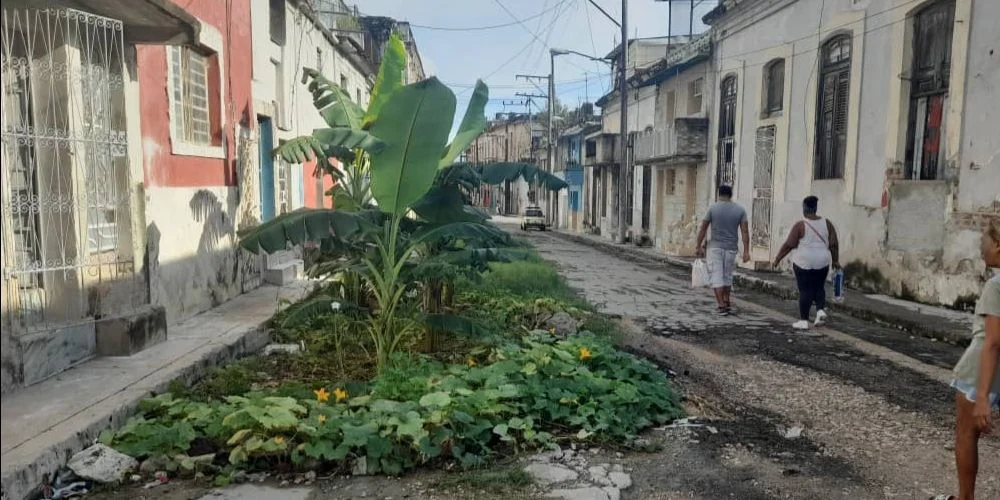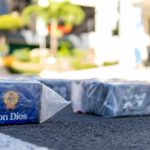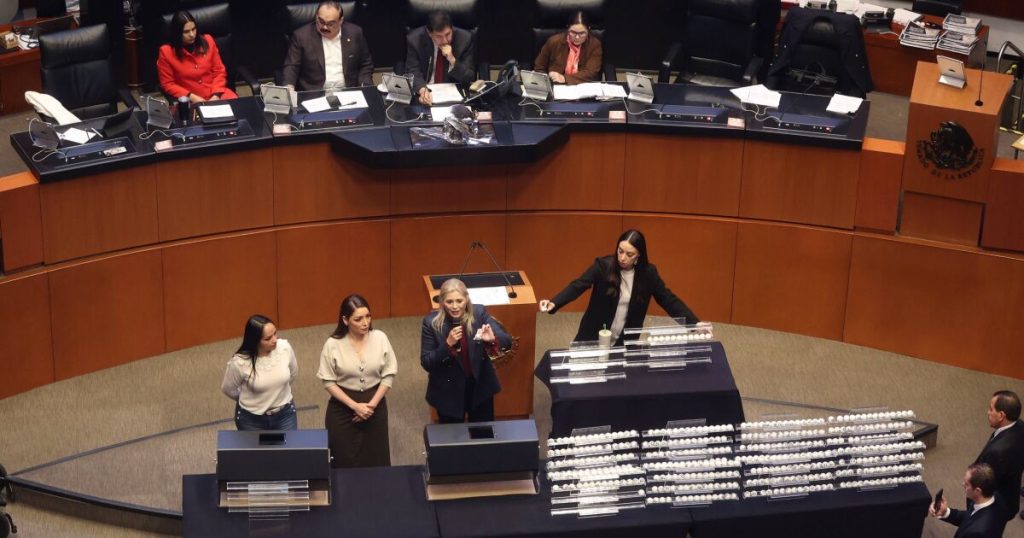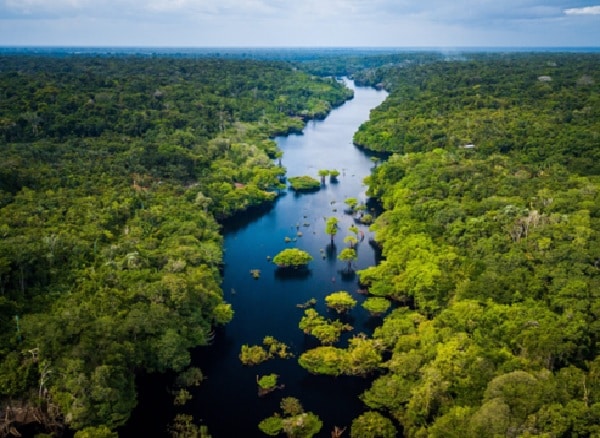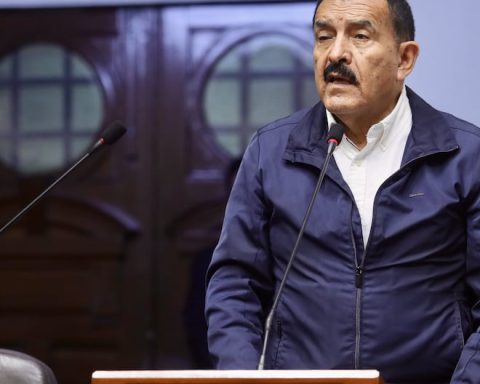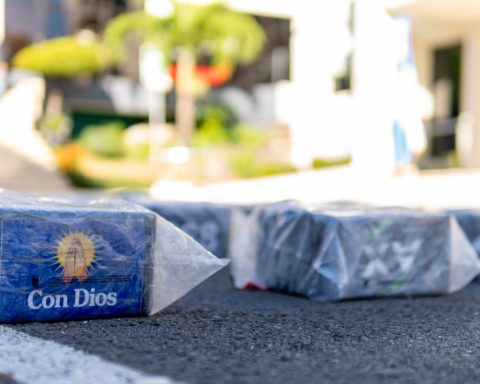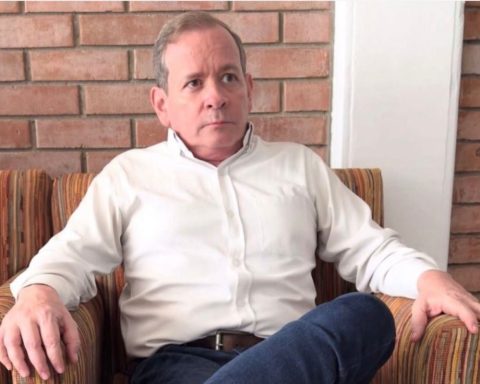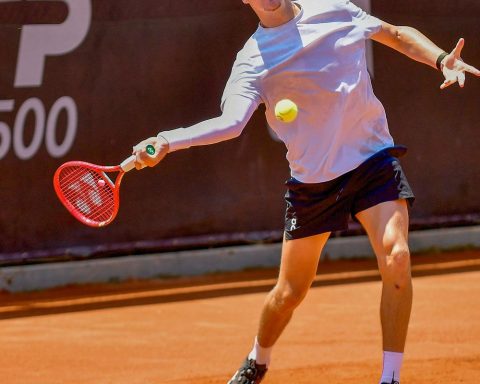HAVANA, Cuba. – He went away Miltonthat hurricane with the name of a poet no longer retraces the sea or the land. Milton has already left, leaving devastation and rot in each of the places he passed through. The forces of its winds and fury are no longer perceived, and the intense rains have also suffocated. The sea returned to calm, but it is most likely that the memory of its viciousness will persist for many years in the collective memory.
That hurricane that displayed the name of a poet has already gone out. Milton is suffocated and in history, and it is most likely that he will persist for a long time in the memory, even in the imagination of those who did not confront the strength of his winds. Calm is already returning to the abused territories, and the waters are beginning to reach their usual levels.
Milton was devastation and he was brokenness, and it is likely that the eyes that looked at him recognized in him the very center of hell. And I do not doubt that the most enlightened souls began to evoke, and without hesitation The lost paradisethe one that Milton bequeathed to us, as it is also likely that he put us in front of another of the lost paradises, in front of an abhorrent hell.
And after the calm, disasters reappear more terrible than the hurricane and the earthquake, more than that Milton who summoned all the forces of the wind and also the sea, but it is almost certain that these disasters will be erased without much delay and give way to a landscape recovered, without those “waiting lists” that last years, eternities, futures, which we recognize very well here.
And because I am certain that everything that I have stated in these lines is very likely to happen, I take other glances that also make me think, and more strongly, of the destruction and barbarism that is always the end of a hurricane. , from an earthquake or a tsunami, even if it didn’t touch us this time. Milton will give way to the recovered paradise, while I, and my countrymen, will retrace the very wide circles of hell.
And today I started to retrace the Hill. I went out to look for something to put in the pot and on some burner on the stove. And so, retracing the neighborhood where these days of my anguish pass, I remembered what I had heard about the benefits of the Hill. And retracing it, looking for clues of food, I looked at another landscape, this time after that battle that turned out to be communism.
And walking, searching like a soul in pain, I looked at the Hill that today also reminds us of a landscape after a thousand battles. Walking, snooping in the most intricate nooks and crannies of the neighborhood that was so elegant, I confirmed the rot and desolation that is so similar to that landscape that a hurricane leaves us as a legacy.
Walking and walking I ended up on Santa Teresa Street, the one that, like all the streets in this city, has already lost all its beauty. El Cerro, that neighborhood that they say was very beautiful, has already spilled güiro, pumpkin and honey, and most of its stately homes have collapsed (and those that remain are about to collapse, irremediably).
The Hill, and the damn circumstance of rainwater everywhere, and I was walking, contemplating it, and looking for something to put in the pots… And so, walking, so searching, I arrived at Santa Teresa Street where I found something particularly strange and with shades of what is unusual.
I looked, sadly, at the signs of the disaster that is about to come. And there, in the middle of Santa Teresa Street, I looked at a field. “Unusual,” I said to myself, and my mouth opened, spontaneously… I couldn’t believe it: a garden in the middle of the street, a garden growing in the depth of a pothole, in a very brief depression in the asphalt of Santa Street. Teresa. A pothole, a field, on that street with which the Hill honored Saint Teresa of Ávila, the founder of the order of the Discalced Carmelites.
And it is tremendous that that sad and dismantled street displays the name of the person who wrote “Path of Perfection.” And perhaps a path of perfection could be that street that today weeps before the eyes of the saint, of everyone who walks along it. Santa Teresa is sad today, and the neighbors have no choice but to take advantage of what they have, including the holes in the asphalt of their streets. Plant anywhere, including a hole in the asphalt, that’s the question.
Walking the streets, following the fabric of the big neighborhood, I rediscovered its miseries, and even its “undertakings” to achieve survival, which should be breakfasts, lunches and meals, but… walking and walking, I discovered the unusualness of a garden in the middle of a street, in a pothole that broke the asphalt.
The hole is concave, as all holes tend to be that on rainy days become breeding grounds for mosquitoes, and small orchards in the best of cases… And I hope that the reader does not get angry at the insistence of the diminutive and assume it, in the extreme , “mannered”, but I make it clear that what I saw was a small garden in the place where there was previously asphalt.
A survival for all to see. And what happens once also happens a thousand times, and even more, and it would not be imprudent nor strange for the asphalt to disappear on other streets, for the popular will to make holes until we find the land to plant what we should eat and the Government does not guarantees.
It won’t be unusual for us to tear up the streets to plant crops. I won’t be surprised when I see that a hole also appeared in the Calzada del Cerro to make a vegetable garden. I’m not going to flinch if I see a bean field where there used to be an avenue, nor if a farm appears in Central Park, where Martí stands.
I am not going to be overwhelmed if it becomes a song of deed, and a chorus summons us: “Fight your yuca, Taíno.” What if the Teatro Tacón, which was later the Gran Teatro, and then García Lorca, and then Alicia Alonso, disappear? And then a sweet potato field or a rice field? And what am I going to do if hunger consumes us and we break our teeth eating stones? Plant in our homes? Raise the floor slabs, plant. Sow what?
